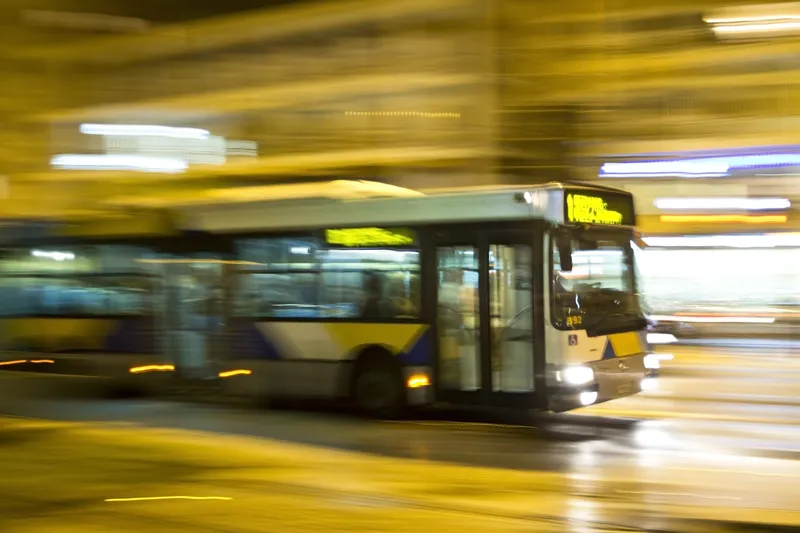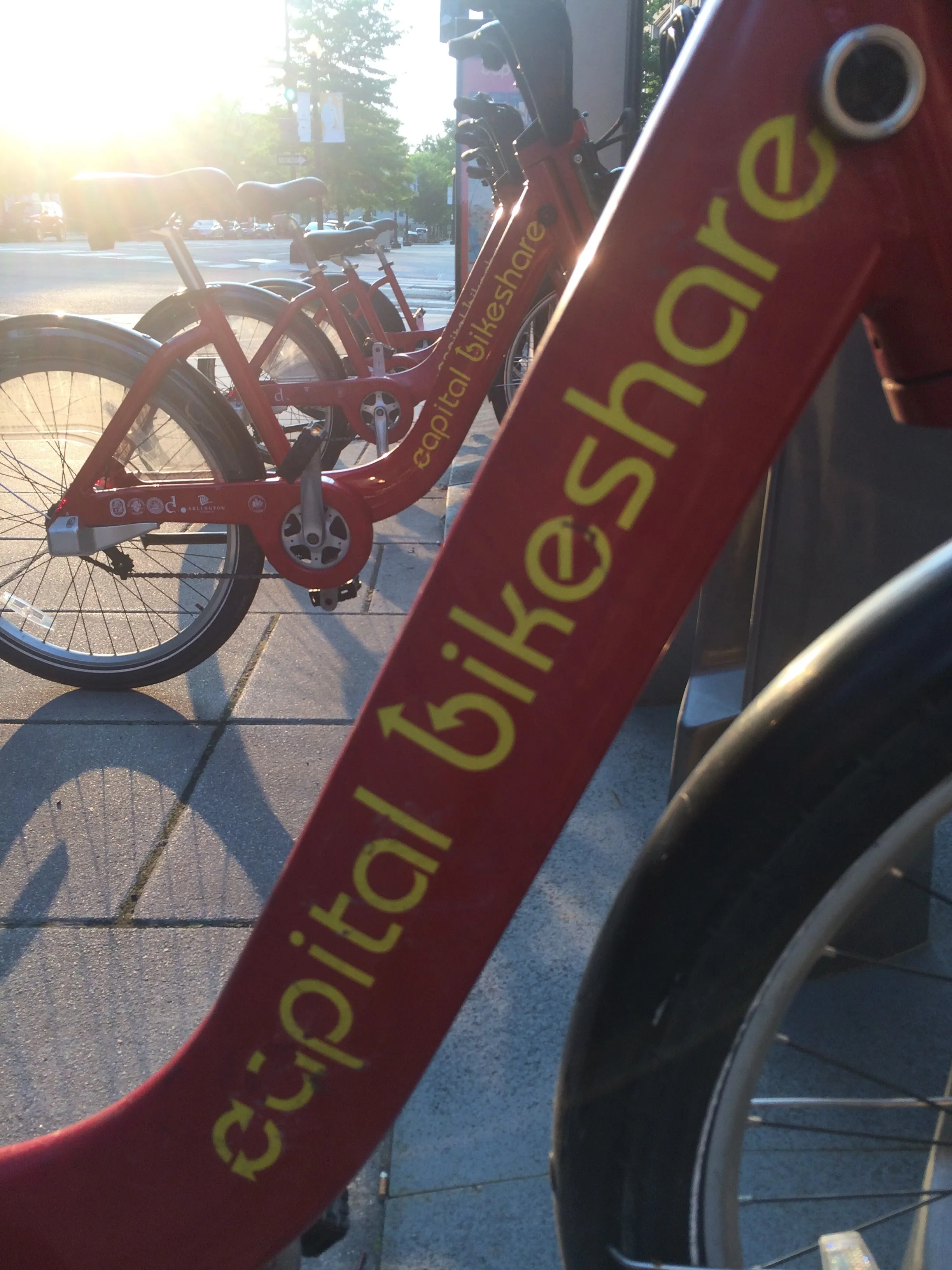Washington’s District Department of Transportation (DDOT) has announced proposed locations for fifty-four new Capital Bikeshare (CaBi) stations to be installed this winter in the District of Columbia. The list includes proposed new stations in all eight wards of the city. DDOT selected the locations from a longer list of suggested locations submitted by the public over the past two years. DDOT evaluated the locations using several criteria, including population density, employment density, bike-to-work rate
December 24, 2012
Read time: 2 mins
Washington’s 2134 District Department of Transportation (DDOT) has announced proposed locations for fifty-four new Capital Bikeshare (CaBi) stations to be installed this winter in the District of Columbia. The list includes proposed new stations in all eight wards of the city.
DDOT selected the locations from a longer list of suggested locations submitted by the public over the past two years. DDOT evaluated the locations using several criteria, including population density, employment density, bike-to-work rate, proximity to metro, and proximity to other Bikeshare stations. Residents also ‘voted’ for their preferences using an interactive crowdsourcing map.
“These new locations will mean a 40 per cent increase in the number of CaBi stations in DC,” said DDOT Director Terry Bellamy. “Combined with new stations in Arlington, Alexandria and soon in Montgomery County, we’re building a robust and truly regional system.”
The proposed stations are in a mix and new and existing bikeshare neighbourhoods. “We need to balance the desire to expand into new areas with the need for more docks and bikes in existing areas, particularly downtown, where demand is heaviest.” said Chris Holben, DDOT Project Manager for Capital Bikeshare. “Basically, for every ‘expansion’ station we also need more spaces downtown to keep up with demand.”
DDOT plans to start installing new stations and bikes in January and finish in March. Locations not selected in this round will be considered for the next round.
DDOT selected the locations from a longer list of suggested locations submitted by the public over the past two years. DDOT evaluated the locations using several criteria, including population density, employment density, bike-to-work rate, proximity to metro, and proximity to other Bikeshare stations. Residents also ‘voted’ for their preferences using an interactive crowdsourcing map.
“These new locations will mean a 40 per cent increase in the number of CaBi stations in DC,” said DDOT Director Terry Bellamy. “Combined with new stations in Arlington, Alexandria and soon in Montgomery County, we’re building a robust and truly regional system.”
The proposed stations are in a mix and new and existing bikeshare neighbourhoods. “We need to balance the desire to expand into new areas with the need for more docks and bikes in existing areas, particularly downtown, where demand is heaviest.” said Chris Holben, DDOT Project Manager for Capital Bikeshare. “Basically, for every ‘expansion’ station we also need more spaces downtown to keep up with demand.”
DDOT plans to start installing new stations and bikes in January and finish in March. Locations not selected in this round will be considered for the next round.









